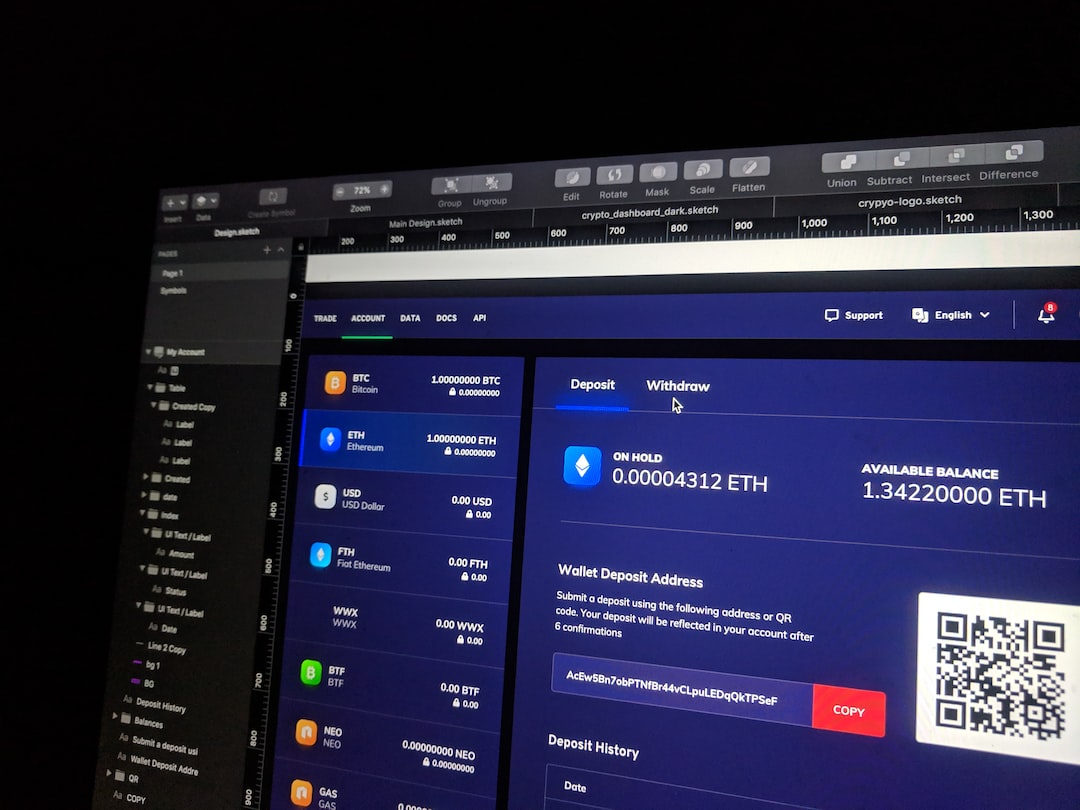Comparing the Pros and Cons of Ethereum Classic: Is it the Right Choice for You?
When it comes to cryptocurrencies, Ethereum Classic (ETC) stands out as one of the most prominent alternatives to Ethereum (ETH). It was born from a controversial hard fork back in 2016, and ever since, it has gained its own dedicated community and place in the decentralized world. But is Ethereum Classic the right choice for you? Let’s compare its pros and cons to help you make an informed decision.
Pros of Ethereum Classic
Decentralization: Ethereum Classic places a strong emphasis on decentralization, keeping true to the original principles of blockchain technology. It aims to provide equal access and opportunities to all participants, without the need for intermediaries or central authorities.
Immutable Smart Contracts: One of the main advantages of Ethereum Classic is its commitment to immutability. Smart contracts deployed on the ETC network are final and cannot be altered or censored. This attracts developers who seek reliability and trustworthiness in their applications.
Lower Costs: Compared to Ethereum, Ethereum Classic transactions tend to have lower fees. This can be particularly appealing for individuals and businesses looking to minimize transaction costs, especially when dealing with large volumes or frequent transfers.
Strong Community: Although Ethereum Classic may not have the same level of mainstream attention as some other cryptocurrencies, it has a dedicated and passionate community. This community actively supports the ETC project, nurturing its growth and development.
Cons of Ethereum Classic
Limited Developer Support: While Ethereum Classic has its dedicated community, it currently lacks the vast developer support that Ethereum enjoys. This means that ETC may have fewer resources, tools, and third-party integrations available, potentially limiting its potential for growth.
Lower Hashrate: Ethereum Classic has a lower hashrate compared to Ethereum, which translates to a lower level of security. This makes ETC more vulnerable to 51% attacks, where a party gains control of the majority of the network’s mining power. However, it’s important to note that such attacks are rare and have not occurred frequently.
Less Network Activity: Ethereum Classic currently has a lower level of network activity compared to Ethereum. This could be seen as a drawback for those who value a vibrant ecosystem with a wide range of dApps and projects. However, it may also be seen as an opportunity for development and growth.
Controversial Origins: Ethereum Classic emerged from the contentious hard fork of Ethereum. While some view this as a strength, as it highlights ETC’s commitment to immutability, others see it as a divisive event. This controversy may cause uncertainty for some potential users or investors.
FAQs
1. Is Ethereum Classic a better investment than Ethereum?
It ultimately depends on your investment goals and risk tolerance. While Ethereum has a larger market cap and more mainstream adoption, Ethereum Classic offers a unique proposition with its focus on decentralization and immutability. Conduct thorough research and consider your own preferences before making any investments.
2. Can Ethereum Classic overtake Ethereum in the future?
While it’s impossible to predict the future, it is worth noting that Ethereum Classic faces strong competition from Ethereum and other blockchain platforms. To overtake Ethereum, ETC would need to address its limitations, attract more developers, and build a robust ecosystem. This would require significant effort and time.
3. Should I choose Ethereum Classic if I care about decentralization?
If decentralization is a key concern for you, Ethereum Classic is certainly worth considering. Its commitment to preserving the original principles of blockchain technology aligns with the philosophy of decentralization. However, keep in mind that Ethereum’s strong developer support and larger ecosystem also contribute to decentralization in their own way.
In conclusion, Ethereum Classic offers a decentralized platform with immutable smart contracts and lower transaction costs. However, it faces challenges in terms of limited developer support, lower hashrate, and less network activity. Whether it’s the right choice for you depends on your priorities and the trade-offs you are willing to make.





 By
By
 By
By
 By
By

 By
By
 By
By